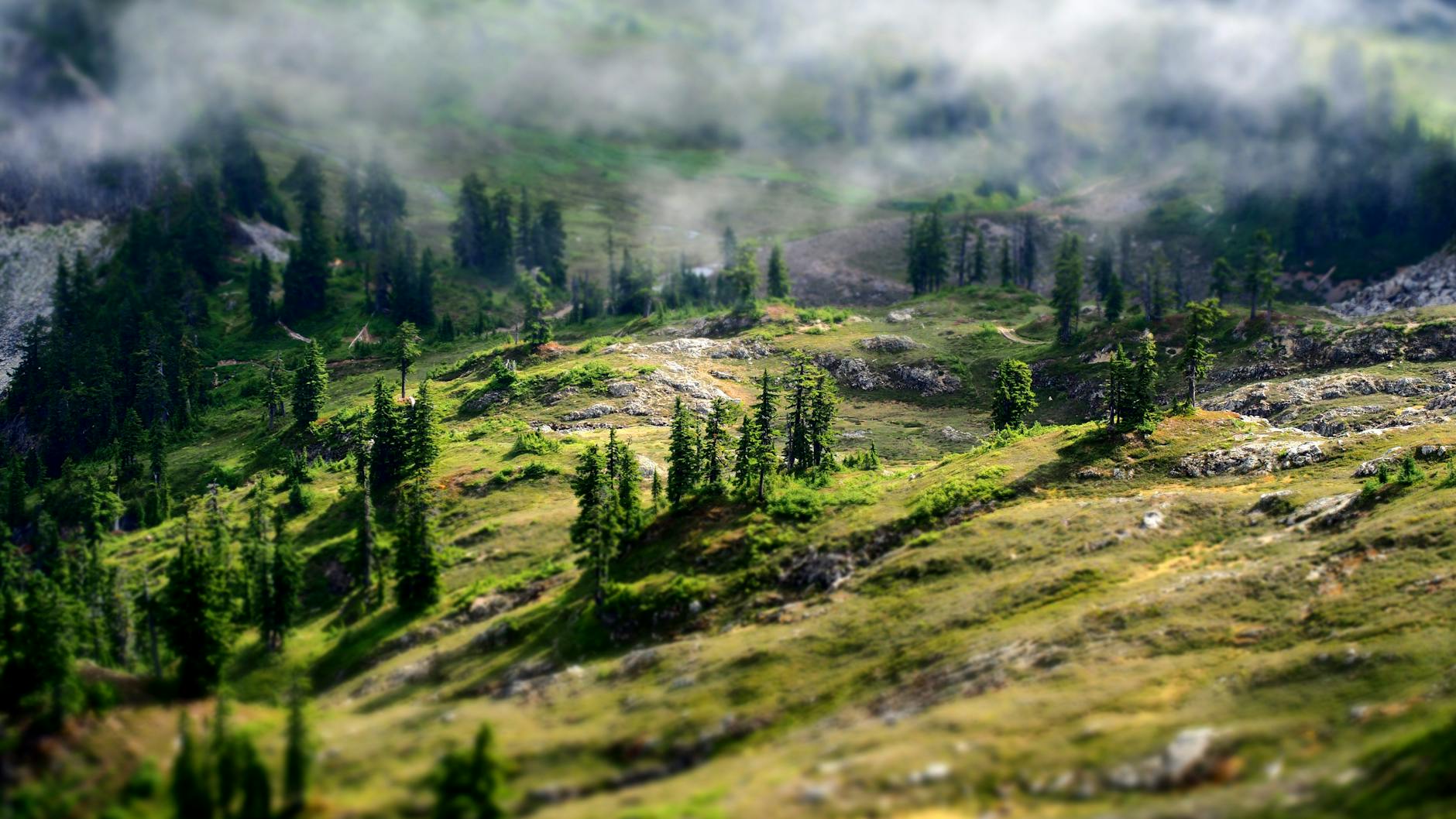From Dense Discovery and Rosie Spinks.
In How I became ‘collapse aware’, Rosie Spinks articulates something many of us sense but struggle to name – that persistent feeling that we’re approaching the end of a particular way of life.
“It’s a nagging sense that has hung over modern life since 2020, or 2016, or 2008, or 2001 – pick your start date – that things are not working anymore. And that waiting for them to get better after the next Most Important Election of Our Lives, or another war to end, or a new economic recovery cycle doesn’t seem to be having the desired effects.”
It’s this shared unease that leads Spinks to explore the notion of collapse and how to respond to it: “To be collapse aware is to live with the sense that something about the way we live is coming to end. And then to ask the next obvious question head on: If the incrementalist approach of our existing political and economic structures is not up to the task of improving things – climate, society, inequality, injustice – what comes next?”
At the heart of her essay lies a simple framework that captures the dual reality many of us inhabit: There and Here.
“There is where I earn a living, and it’s where I have a mortgage, and order groceries for pickup. It’s where growth is uniformly seen as good, and we’re told that social problems have to be ameliorated while still upholding shareholder value… It’s a place where most of us are very burned out, in a manner that mirrors the exhaustion of the earth.”
Meanwhile, “Here is where I’ve internally accepted that infinite progress and wealth are not inevitable… Where life is less concerned with status, and more with sustenance. It’s a place where the entire economy is not based on getting consumers exactly what they want, where cheap flights and next-day delivery are not available… Where we adjust our lives accordingly, and rely on one another by necessity, rather than forging ahead pretending that everything is fine.”
What makes her essay compelling to me is her subtle reframing of collapse not as an endpoint, but as a transition from There to Here. Spinks reminds us that collapse doesn’t mean the end to “sustenance, shelter, security, pleasure, identity, and meaning – just that it’s an end to our ‘normal modes’ of acquiring all those things.”
This distinction seems crucial, especially when she notes that “a lot of people are already living under collapse. Throughout history to today, people outside the countries we call ‘developed’ have seen their homes and land destroyed, and have experienced no shortage of violence under this paradigm. Those people still manage to have rich lives as they fight for survival and meaning. They still have children, celebrate festivals, write stories, and fall in love. We have a lot to learn from them.”
From this view, Spinks points to a possibility – that being forced to move beyond our obsession with material wealth might actually present a chance for healing and a renewed sense of presence:
“While I believe my son’s life may be materially worse off than my own, I think about how it could possibly be better too – psychologically, spiritually, and collectively. I think about how many of the social problems we lament – the mental health crisis among young people, especially young men; the cruel isolation of new motherhood; the normalization of depression and anxiety; the growing number of homeless and destitute people in the richest cities in the world – would be ameliorated by the kind of collective consciousness change I describe above.”
Rather than a catastrophe to fear, collapse awareness becomes an invitation to reassess our relationships with consumption, community and care. As we enter a season typically marked by excess, perhaps there’s wisdom in pausing to consider how we might begin moving from There to Here – not in fear or resignation, but in somewhat hopeful recognition that different ways of living and connecting await our discovery. – Kai

Leave a Reply…